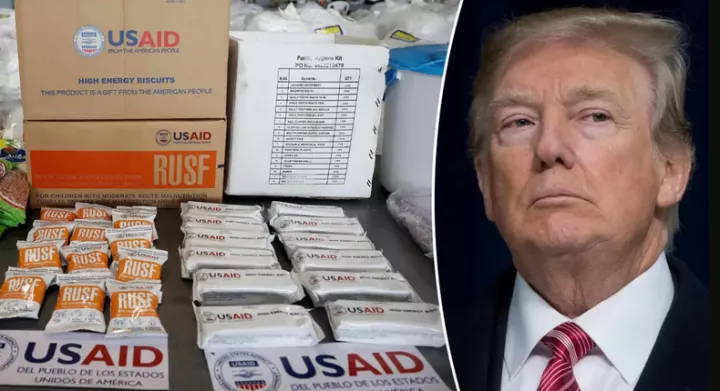
USAID, one of Africa's largest aid donor, is facing unprecedented challenges, sending shockwaves across the continent over 7,000 miles away.
The turmoil that erupted in USAID following Donald Trump's inauguration, has led to the withdrawal of critical health funding, threatening essential services in Africa and other regions.
Africa remains heavily dependent on Non-Governmental Organizations (NGOs) and donor agencies for survival, sparking global debates on why the continent struggles with self-sufficiency.
Ironically, the health sector-one of the most donor-funded areas-is supposed to be the government's top priority. However, many African leaders have left this critical responsibility in the hands of foreign aid donors.
With Trump-era funding cuts and the subsequent decline of USAID, Africa is now grappling with widening gaps in health financing, exposing the vulnerabilities of its healthcare system.
Trump VS USAID
After taking office, President Donald Trump implemented a near-total freeze on foreign aid and considered shutting down the United States Agency for International Development (USAID).
Trump and his adviser, Elon Musk, have been vocal critics of the agency. However, dismantling USAID could have far-reaching consequences for humanitarian programs worldwide.
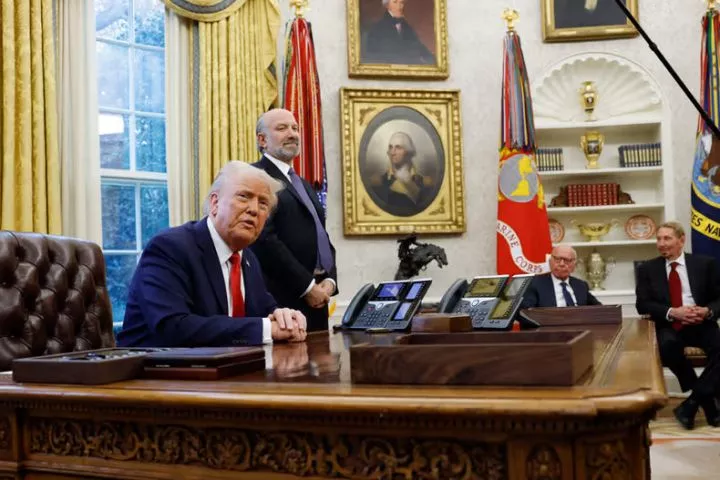
One of Trump's first actions upon returning to office was pausing nearly all international spending for 90 days. His administration claims USAID is inefficient and misaligned with U.S. interests, with Trump saying it was being "run by radical lunatics."
USAID, the world's largest donor agency, manages US civilian foreign aid with a $50 billion budget.
In 2023, the U.S spent $68 billion on international aid, with USAID accounting for around $40 billion.
Funding was allocated as follows: economic development ($19 billion), health ($16 billion), and humanitarian aid ($15.6 billion).
Much of USAID's budget funds health programs, including polio vaccinations and pandemic prevention in least developed countries.
Secretary of State, Marco Rubio supported the freeze, effectively shutting down USAID programs and causing mass layoffs.
Affected initiatives include PEPFAR, a $120 billion program launched by George W. Bush, which has saved 25 million lives in over 50 countries.
However, the Trump administration granted exceptions to several aid programs which included Select Humanitarian Assistance and health programs and military aid for Ukraine.
These exceptions were granted as part of a 90-day foreign aid "pause" announced on January 25 to assess program efficiency and alignment with U.S. foreign policy.
Africa feels the heat
Following the aid cut, several African nations have begun to feel the impact across critical sectors such as health, agriculture, and education.
NGOs working in these areas have reportedly shut down due to the abrupt funding halt from USAID.
The US government also issued a sudden "stop-work order" to non-governmental organizations (NGOs) receiving American funds, forcing them to halt operations immediately.
This directive, issued by the US State Department's Office of Foreign Assistance, affects NGOs working on various projects, including HIV prevention, LGBTQ+ support, and climate change initiatives.
A U.S. government document on foreign assistance lists several African countries among the highest recipients of U.S. aid.
The top African recipients of U.S. aid in 2023, according to the U.S. Foreign Assistance Office, were Ethiopia ($1.75B), Egypt ($1.45B), Somalia ($1.2B), Nigeria ($1.01B), and the DRC ($0.98B).
Additionally, the highest funding for HIV treatment went to South Africa ($250M), Mozambique ($239M), Nigeria ($220M), Zambia ($215M), and Uganda ($194M).
These countries will be severely impacted by the aid cuts, and without proper management, the halt in funding could lead to a crisis, particularly in life-threatening health cases.
South Africa
USAID-funded organizations were ordered to halt work for 90 days, forcing Wits University's RHI clinics to close.
While South Africa funds HIV/AIDS treatment for 5.5 million people, PEPFAR supports 13,815 healthcare workers and 17% of the R46.8B HIV/AIDS budget.
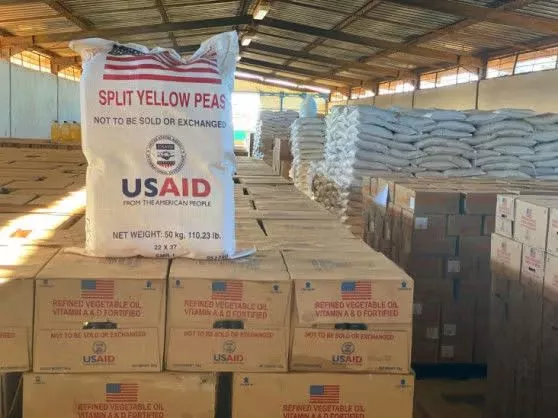
According to the Foundation for AIDS Research (amFAR), citing PEPFAR's 2024 data, 222,333 people rely on daily ARV supplies, which will be disrupted by the stop-work order.
This includes 101,368 South Africans and 7,445 children under 15. amFAR warns that restarting treatment after the order is lifted will require significant effort
Health Minister Aaron Motsoaledi warns of treatment disruptions, while Prof. Linda-Gail Bekker highlights job losses affecting patient care.
Nigeria
Nigeria relies heavily on foreign aid for health interventions, and the USAID funding freeze threatens maternal health, immunization, and epidemic preparedness. USAID also funds WASH programs and PEPFAR's HIV initiatives.
In response, the Federal Executive Council (FEC) approved $1.07B for healthcare reforms and N4.8B for HIV treatment.
Liberia
The Press Union of Liberia warns that the USAID shutdown could undermine democracy and media independence.
In November last year, USAID and the Government of Liberia signed Amendments 14 and 15 to the 2020 Development Objective Grant Agreement (DAOG), adding $114.5 million in funding.
The funds aimed to support economic growth, governance reforms, and improved healthcare, education, and productivity in Liberia.
The government is scrambling to secure $300K for medical supply distribution after USAID ceased managing the Central Medical Store.
Also key programs, including an $11M media support initiative and a $75M education project, are on hold.
Cameroon
Workers at 200 HIV/AIDS organizations fear the aid cutoff will lead to widespread job losses and a surge in infections, particularly among women, children, and LGBTI people.
HIV prevalence is 2.1% in the general population but rises to 20% among men who have sex with men and 25% among sex workers.
Zambia
With 75% of Zambians living in extreme poverty, USAID provides $300M annually for health, agriculture, infrastructure, and education.
Zambia is a major recipient of PEPFAR, the Malaria Initiative, Feed the Future, and Power Africa programs, all now at risk.
Other African Nations
South African HIV Clinician, Prof. François Venter warns of an impending health crisis in Malawi, Zimbabwe, Mozambique, and Uganda.
He describes the situation as "a plunge into the unknown," fearing that without PEPFAR, millions will lose access to life-saving HIV treatment..
This development serves as a wake-up call for African leaders to prioritize their people and plan effectively for the future.
Like the Nigerian government's response, other African nations should seize this moment to look inward and begin the journey toward self-sufficiency in critical sectors.
While Africa still has a long way to go, timely and decisive leadership could set the continent on the right path, reducing years of overdependence on the U.S. and other foreign donors.

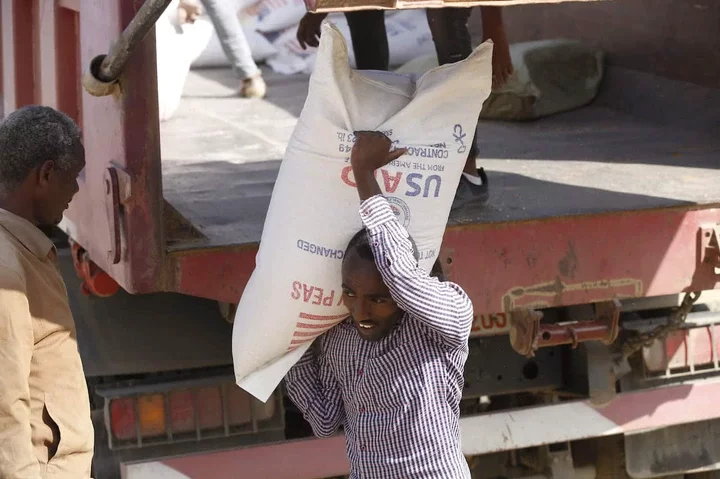
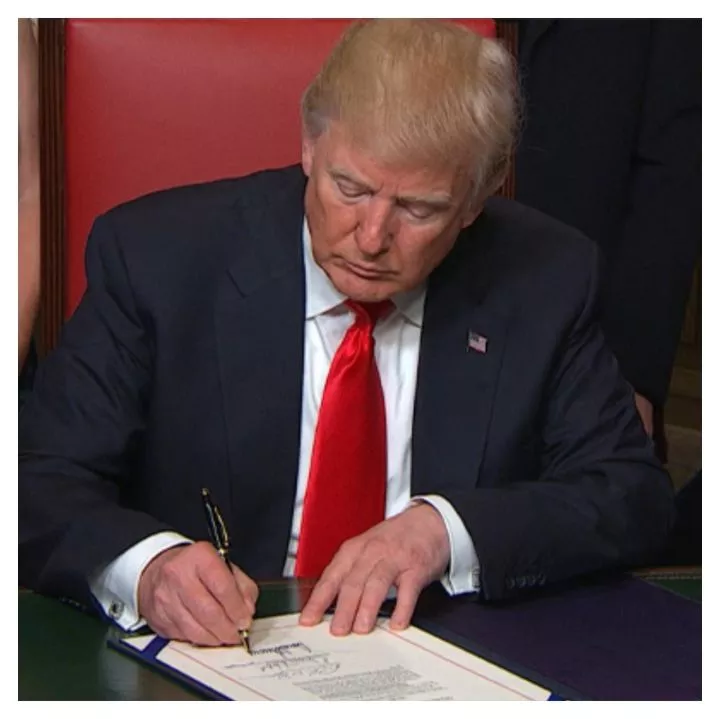
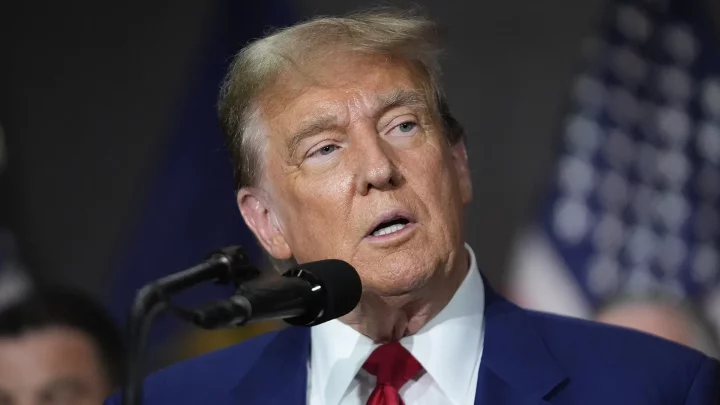
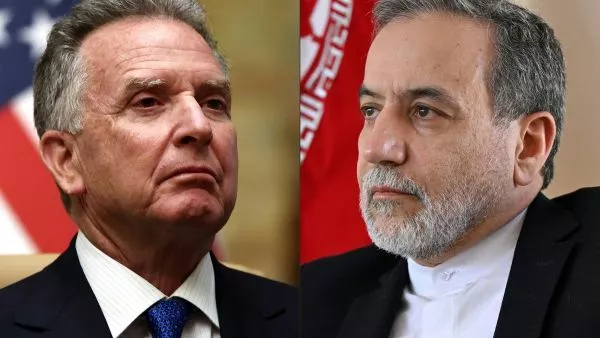
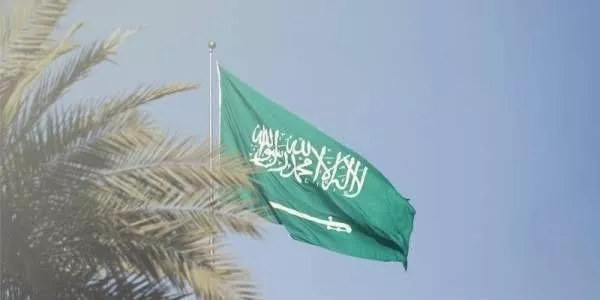
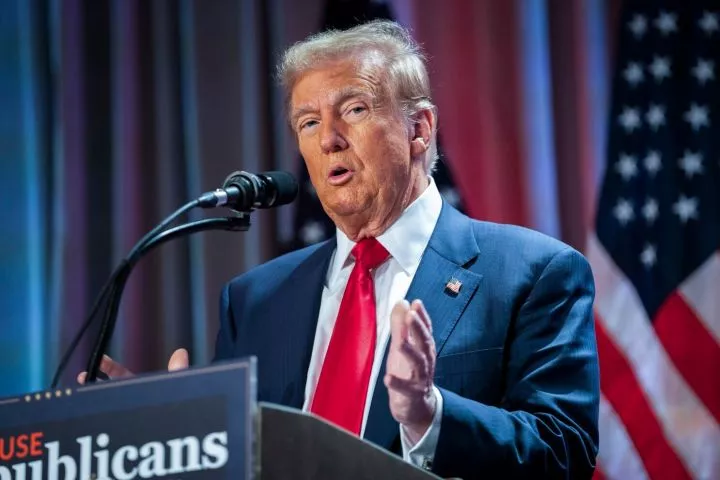



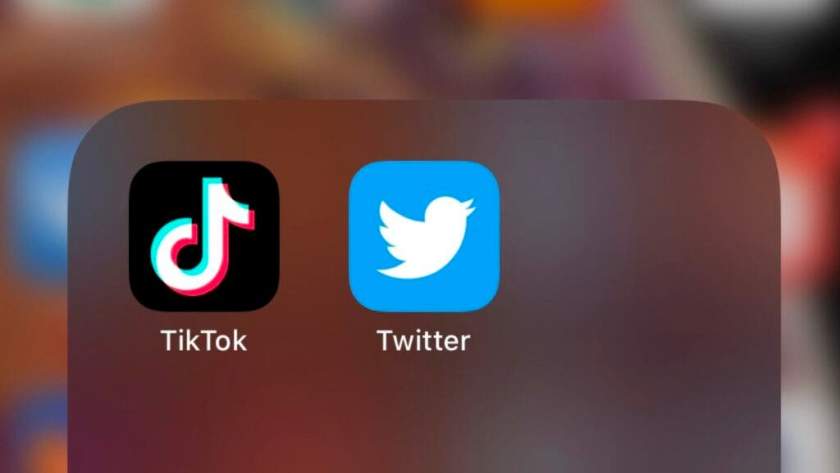





Comments